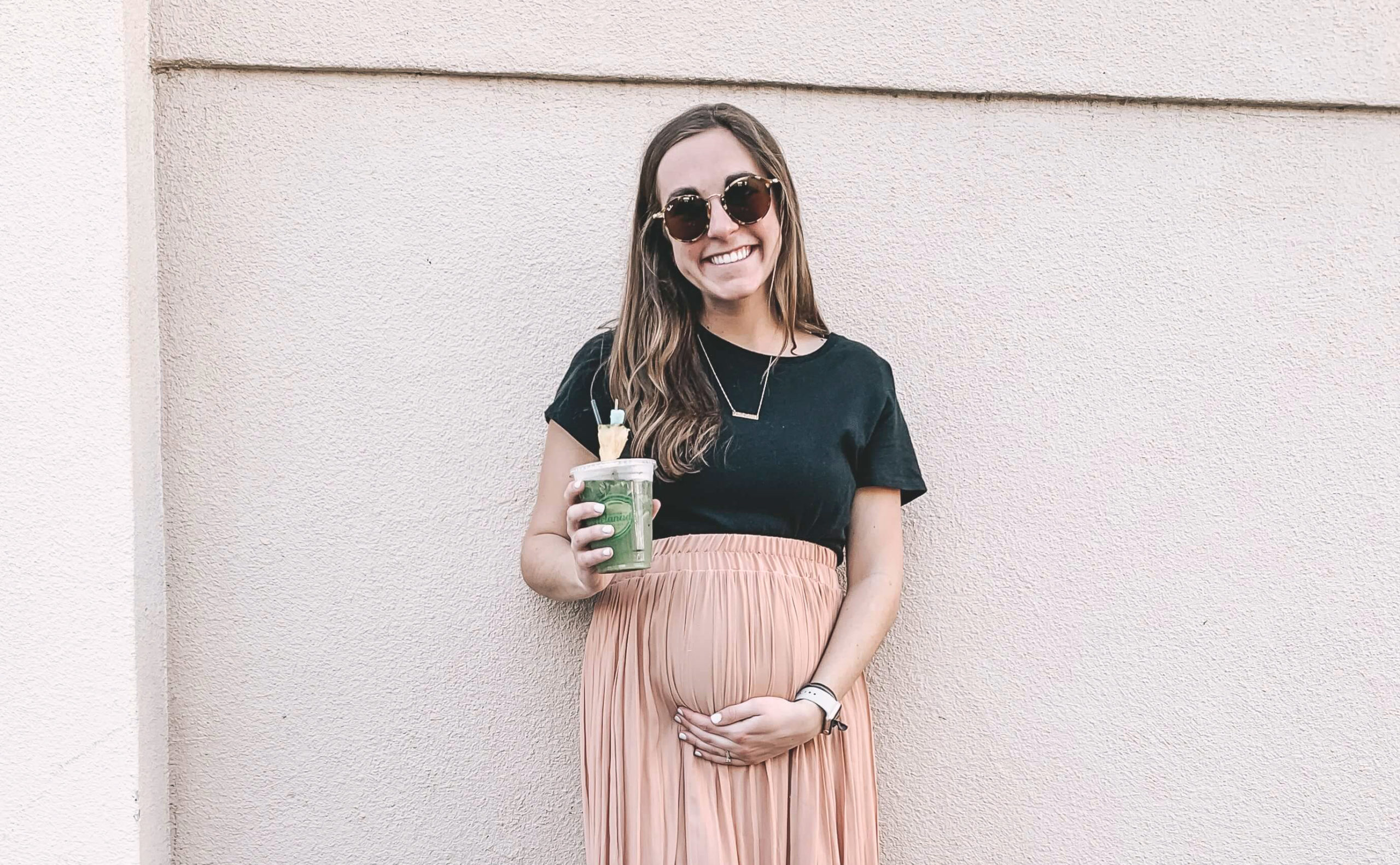
Many expectant mothers have many questions around diet during pregnancy: How can I best care for the baby? How can I keep my energy levels up throughout my pregnancy? What foods should I avoid? There is plenty of information available, and sometimes it can be difficult to figure out the right way to care for yourself and your unborn baby.
We have put together a compact information package of dietary recommendations for pregnant women. You can follow these to make the right choices for your own and your baby’s health. If you have any questions, have any dietary restrictions or are following a special diet, please ask a medical professional at your clinic for advice.
Nutritional supplements during pregnancy – are they really necessary?
Many mums who are planning a baby begin to take folic acid before they become pregnant, but you should start taking it as soon as a pregnancy test shows a positive result. Folic acid reduces the unborn baby’s risk of developing a neural tube defect and its use is recommended until at least the 12th week of pregnancy. In addition to folic acid, it’s worth making sure that you eat foods containing plenty of folate, such as whole grains, dark green vegetables, legumes, fruit and berries.
A vitamin D supplement is recommended to ensure sufficient calcium absorption and to promote the unborn baby’s skeletal development. Foods rich in vitamin D like fish, meat, eggs, and dairy produce with added vitamin D are good to eat as part of your daily diet.
A vitamin D supplement is recommended to ensure sufficient calcium absorption and to promote the unborn baby’s skeletal development.
You should also pay attention to your calcium intake. If an expectant mother’s daily consumption of dairy produce is low, it is worth taking calcium supplements to ensure the healthy skeletal development of the unborn baby.
Some expectant mothers suffer from low levels of haemoglobin. During pregnancy, around half of a mother’s iron intake comes from her diet, while the other half comes from her own iron stores or iron supplements. Meat and fish are good sources of iron.
Vegetarians should pay more attention to their haemoglobin levels, as iron is absorbed into the body more poorly from vegetarian food. Vegetarian mothers should supplement their diet with a vitamin B12 supplement, but otherwise the advice for nutritional supplements remains the same as for those who eat a mixed diet.
More quality, moderate quantity
It is well worth paying attention to the quality of your diet during pregnancy. Meals should be regular and consist of whole grains, vegetables, low-fat dairy produce and lean meat, fish, fruit and berries. Regular mealtimes also help to control any morning sickness and to maintain energy levels.
Small changes to your familiar diet are very beneficial: favour vegetable fats over hard fats. Replace butter with margarine, substitute fatty meats and sausages with avocado, and enjoy a nutritional smoothie rather than a sweet bun.
Fish should be eaten two to three times per week to ensure a sufficient intake of omega-3 fatty acids and plenty of high-quality protein. The best types of fish for expectant mothers are e.g. whitefish, saithe and redfish, and farmed fish such as rainbow trout, Arctic charr and trout. Certain types of fish may contain mercury, so avoid fish fished in the Baltic Sea and inland waters, such as wild salmon, trout, and Atlantic and Baltic herring.
Rather than aiming for quantity, it is good to focus on nutrition-rich ingredients and listen to your own body.
Expectant mothers’ energy requirements do not significantly increase, so forget those jokes about eating for two. Rather than aiming for quantity, it is good to focus on nutrition-rich ingredients and listen to your own body. Pregnancy is a fantastic opportunity to consider the whole family’s diet and find a shared way to improve overall wellbeing through nutrition.
Avoid these foods during pregnancy
Some foods are not suitable for pregnant women and may harm the unborn baby’s growth and development. Remember to avoid or limit your consumption of: alcohol, coffee, energy drinks, liver, large inland fish and roe, liquorice and salmiac. It is also wise to reduce excess salt intake and to ensure that your daily salt consumption does not sneakily rise by eating lots of processed food, for example.
Raw meat and fish dishes such as steak tartare and sushi are not recommended for pregnant women. Non-pasteurized cheeses, such as blue, fresh, and other soft cheeses contain a risk of listeria, so wait until after pregnancy to enjoy them. Frozen berries and vegetables should be thoroughly cooked before eating.
If you are unsure about a food or ingredient, always ask your clinic for advice.
Learn more about diet while breastfeeding here.
Sources: National Institute for Health and Welfare, HUS and TAYS.



